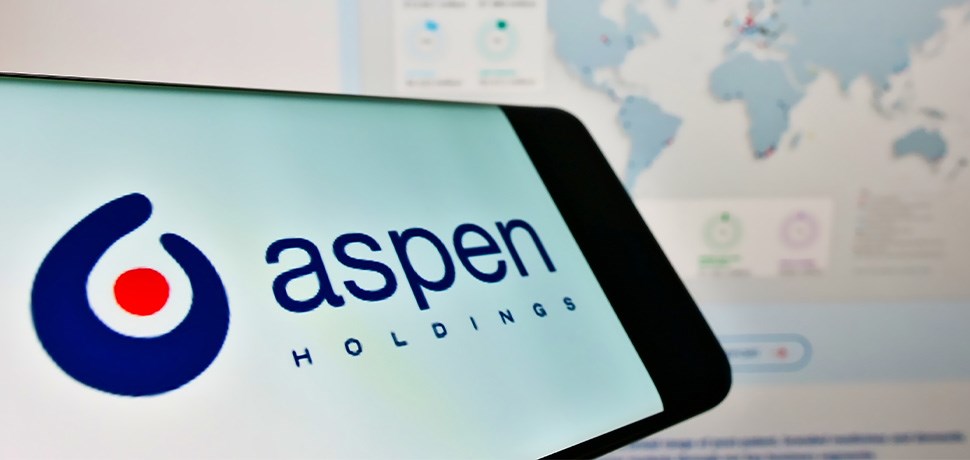Being invested in Aspen has certainly been, let’s say thrilling, from the highs of the early acquisitive growth phase to the depths of the debt crisis and then the COVID-19 pandemic. We currently find ourselves in a relatively stable period of, as management puts it, the “optimisation phase”, where management is tweaking around the edges of the reshaped and consolidated business base. A relatively stable period (compared to the earlier thrills) but not absent of questions, primarily regarding the company’s sustainable growth level, how to value that growth trajectory (as a mature pharmaceutical company or a potentially higher growth emerging market company) and whether or not there are better investment alternatives.
While we will highlight below some of the opposing factors pulling at earnings in the medium-term, uncertainty regarding the relative magnitude of these opposing forces is likely to cap share price gains in the short‑term. However, we will state up-front that despite the thrills and spills, we believe there is enough potential to continue backing the management who have shown entrepreneurial courage, deep industry insight and strategic flexibility throughout Aspen’s business journey to date.
We expect an earnings gap in FY2023 as:
-
- Covid-19 vaccine earnings runoff;
- Covid-19 delayed product transfers (anaesthetics), setup for Serum vaccine agreement and the requirement, in both cases, to run a series of regulatory not-for-sale ‘validation’ batches, resulting in production costs without sales, lowering the gross margin; and
- The absence of another large drop-off in finance charges (on the reduced debt level and effective cost of debt). Net interest charges reduced by slightly more than half in FY2022 versus FY2021, where we anticipate a slightly higher net interest charge in FY2023.
- Furthermore, the earnings are guided by management to be heavily weighted towards the second half of the financial year.
These drags on FY2023 earnings are likely to be at least partially offset by:
-
- The annualising of the fewer shares in issue, following the FY2022 R1.8 billion share buy-back, and further potential share buy-backs in FY2023; and
- Expected further growth in operating expenses below that of revenue growth.
FY2024 earnings, on the other hand, are likely to be boosted by:
-
- The vaccine manufacturing agreement concluded with the Serum Institute for a range of vaccines. This agreement is superior to the Covid-19 contract with Johnson & Johnson (J&J) for two key reasons, namely a) the vaccines will be Aspen-branded (Aspenovax), thereby securing a manufacturing and finished dose margin, as opposed to only a manufacturing margin under the J&J contract for J&J branded product, and b) the vaccines produced under the Serum agreement have greater certainty of volumes (than the COVID-19 order disappointment) as they are widely administered routine childhood vaccines and The African Union has called for at least 30% of all vaccines needed by the Continent to be manufactured on the Continent (presently 99% imported);
- Completed product transfers and setup in the lower cost South African sterile fill facility of the anaesthetics products and Serum vaccine production; and
- The likely absence of COVID-19 lock-down restrictions in China.
While we currently hold Aspen in the Sasfin Domestic Model portfolio, we will continue to assess the development of the factors outlined above as well as alternatives.
Aspen’s regulated price reduction mitigation strategy includes developing the internal and acquisitive pipeline of over-the-counter (OTC) products in Regional Brands and non-VBP (volume‑based procurement) products in China.
